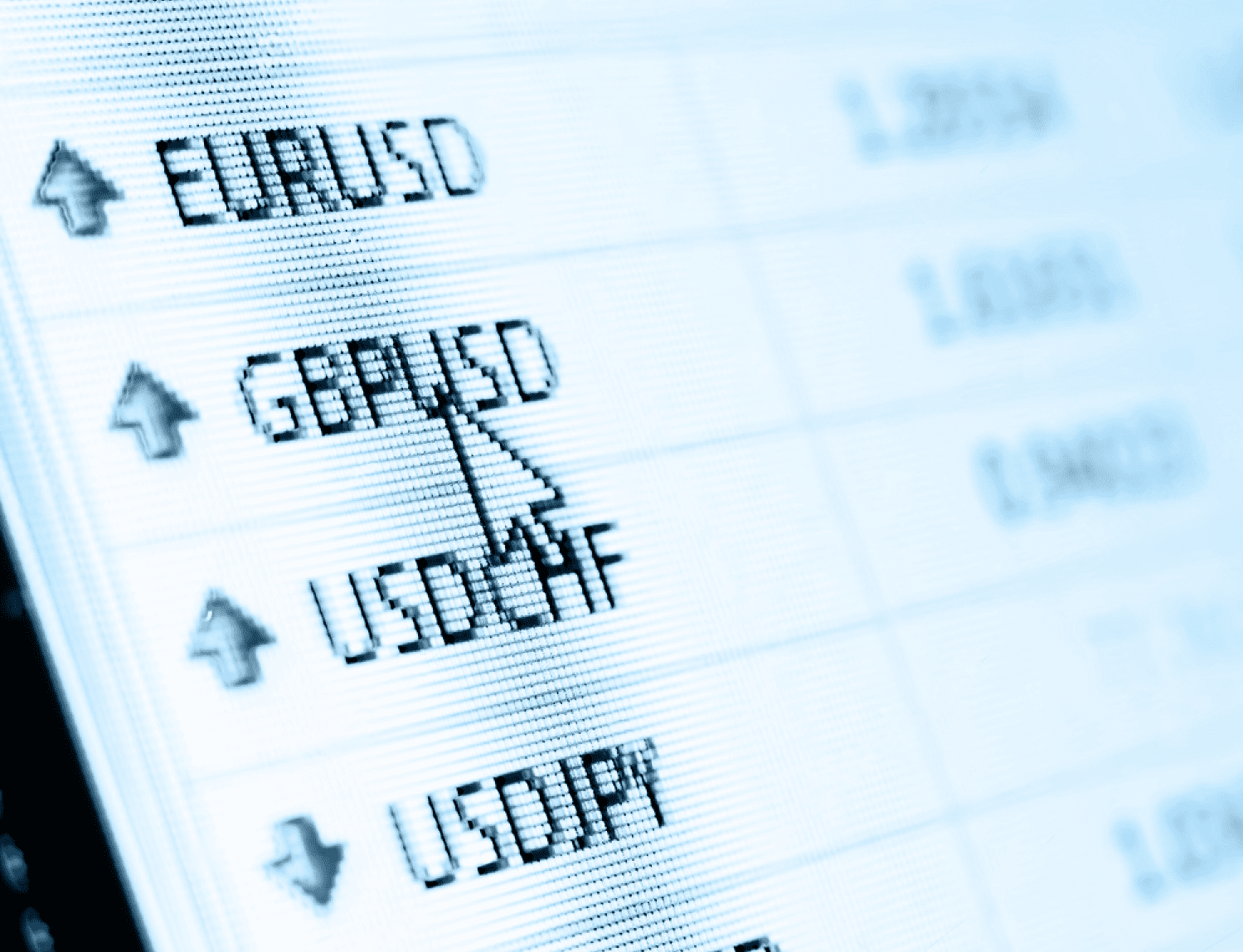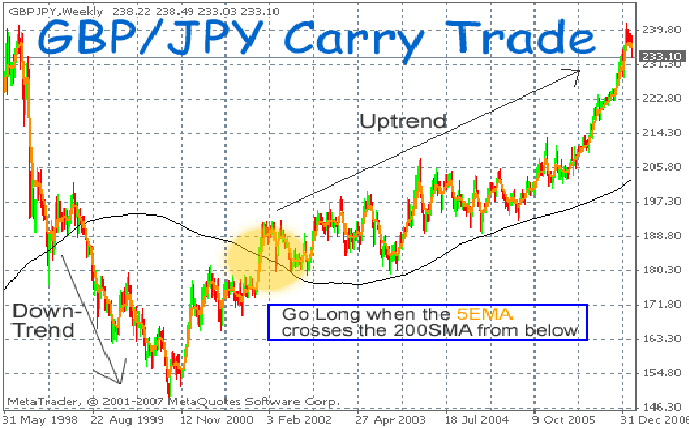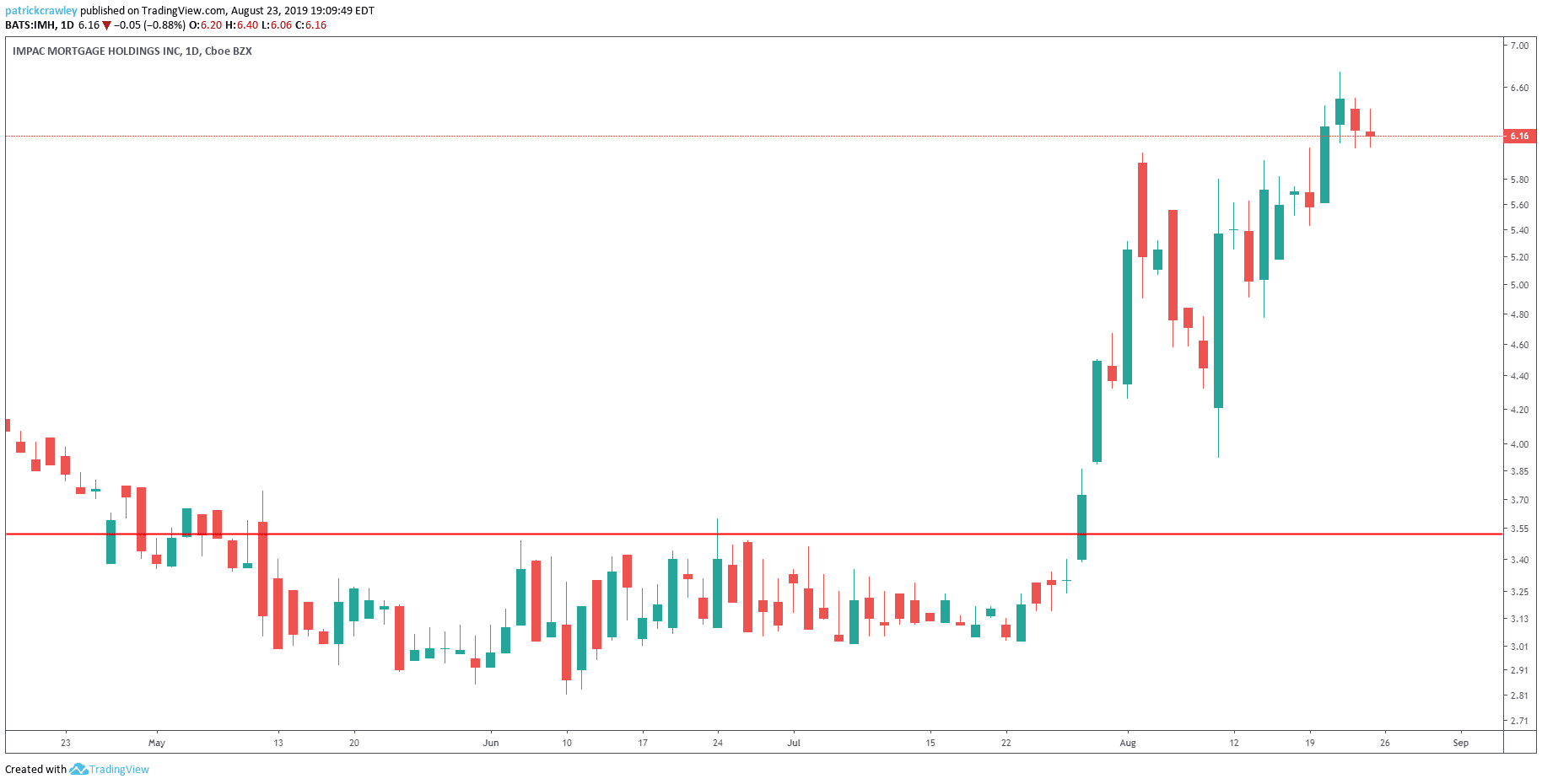Forex Trading Strategies for Exotic Currency Pairs: Approaches Tailored for Less Commonly Traded Currency Pairs
In the dynamic world of forex trading, where currencies from around the globe are bought and sold, some currency pairs are considered more exotic due to their lower trading volumes and higher volatility. Trading in these exotic currency pairs can present unique opportunities and challenges. This article will guide you through effective strategies for trading exotic currency pairs, providing insights tailored to the intricacies of less commonly traded currencies.

Table Content
1. Understanding Exotic Currency Pairs
2. Factors Affecting Exotic Pairs
3. Tailored Approaches for Exotic Pairs
4. Capitalizing on Volatility
5. Utilizing Fundamental Analysis
6. Diversification as a Risk Management Tool
7. Practicing Patience and Discipline
8. Risk Management and Patience
9. Footnote
10. Frequently Asked Questions
1. Understanding Exotic Currency Pairs
Before delving into strategies, let's define what exotic currency pairs are. Exotic pairs typically involve currencies from emerging or smaller economies, paired with major currencies like the US Dollar (USD) or the Euro (EUR). These pairs often have lower liquidity and wider spreads, making them more challenging to trade. Examples include USD/SGD (US Dollar/Singapore Dollar) and EUR/TRY (Euro/Turkish Lira).
2. Factors Affecting Exotic Pairs
Trading strategies for exotic pairs need to account for specific factors influencing these currencies. Geopolitical events, economic data releases, and commodity prices can play a significant role in the value of exotic pairs. In-depth research into these factors is crucial before executing trades.
3. Tailored Approaches for Exotic Pairs
3.1. Carry Trading with Exotic Pairs
Carry trading involves capitalizing on interest rate differentials between currencies. Some exotic currencies may have higher interest rates compared to major currencies. Traders can earn interest while holding positions overnight, but this strategy requires a deep understanding of interest rate trends.

3.2. Volatility Breakout Strategy
Exotic pairs often experience sharp price movements due to their lower liquidity. The volatility breakout strategy aims to capitalize on sudden price spikes. Traders identify key support and resistance levels and enter positions when prices break out from these levels.

3.3. Fundamental Analysis for Exotic Pairs
Fundamental analysis involves evaluating economic indicators, fiscal policies, and geopolitical events. Applying this approach to exotic pairs can provide insights into potential price movements. However, due diligence is vital as information on exotic economies might be limited.
4. Capitalizing on Volatility
Exotic currency pairs are known for their higher volatility compared to the major pairs. This volatility can be a double-edged sword, but with the right strategy, it can work to your advantage. Implementing breakout or trend-following strategies can be effective in capitalizing on the sudden price movements that exotic pairs often experience.
5. Utilizing Fundamental Analysis
Incorporating fundamental analysis is crucial when dealing with exotic pairs. The economies of the countries involved in these pairs can have significant news releases that impact their currency values. Stay informed about economic indicators, interest rate decisions, and geopolitical events that might influence the exchange rates. This knowledge can help you make more informed trading decisions.
6. Diversification as a Risk Management Tool
Due to the unique nature of exotic currency pairs, diversification is a valuable risk management technique. These pairs may not always move in tandem with major pairs or even with each other, providing an opportunity to reduce overall portfolio risk. Diversifying your trades across various exotic pairs can help mitigate the impact of a single pair's unexpected movement.
7. Practicing Patience and Discipline
Trading exotic currency pairs requires patience and discipline. These pairs may not exhibit as many trading opportunities as the major pairs, and liquidity can be lower, leading to wider spreads. It's essential to wait for favorable setups and avoid overtrading. Set clear entry and exit points, and stick to your trading plan.
8. Risk Management and Patience
Trading exotic pairs comes with increased risk due to their inherent volatility. Implementing effective risk management strategies, such as setting stop-loss orders and position sizing, is crucial. Moreover, patience is essential as these pairs might not provide frequent trading opportunities.
9. Footnote
Trading exotic currency pairs can be rewarding for those who are well-prepared and equipped with the right strategies. The combination of understanding the unique economic factors, capitalizing on volatility, and practicing disciplined risk management can lead to profitable trading experiences. Stay informed, stay patient, and adapt your approach as needed to navigate the exciting and potentially lucrative world of exotic forex trading.
10. Frequently Asked Questions
Q1: Are exotic currency pairs riskier to trade?
A1: Yes, due to their lower liquidity and higher volatility, exotic currency pairs carry an increased level of risk.
Q2: Can I apply the same strategies to exotic pairs as I do to major pairs?
A2: While some strategies may overlap, trading exotic pairs requires adapting approaches to their unique characteristics.
Q3: How do geopolitical events impact exotic currency pairs?
A3: Geopolitical events can lead to sharp price movements in exotic pairs, making it crucial to stay informed about global developments.
Q4: What role does research play in trading exotic pairs?
A4: Research is essential to understand the economic and political landscape of the countries involved in exotic pairs, influencing their value.
Q5: Is trading exotic pairs suitable for beginners?
A5: Trading exotic pairs is more suitable for experienced traders due to the complexity and risks associated with these currencies.











Discussion